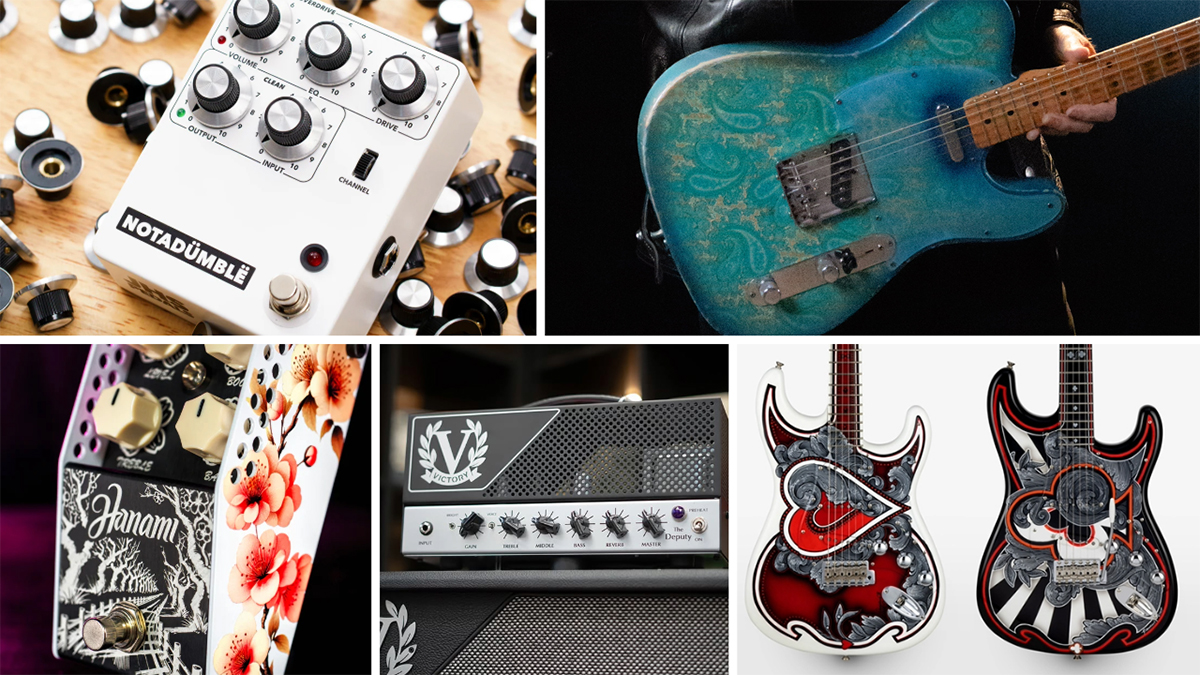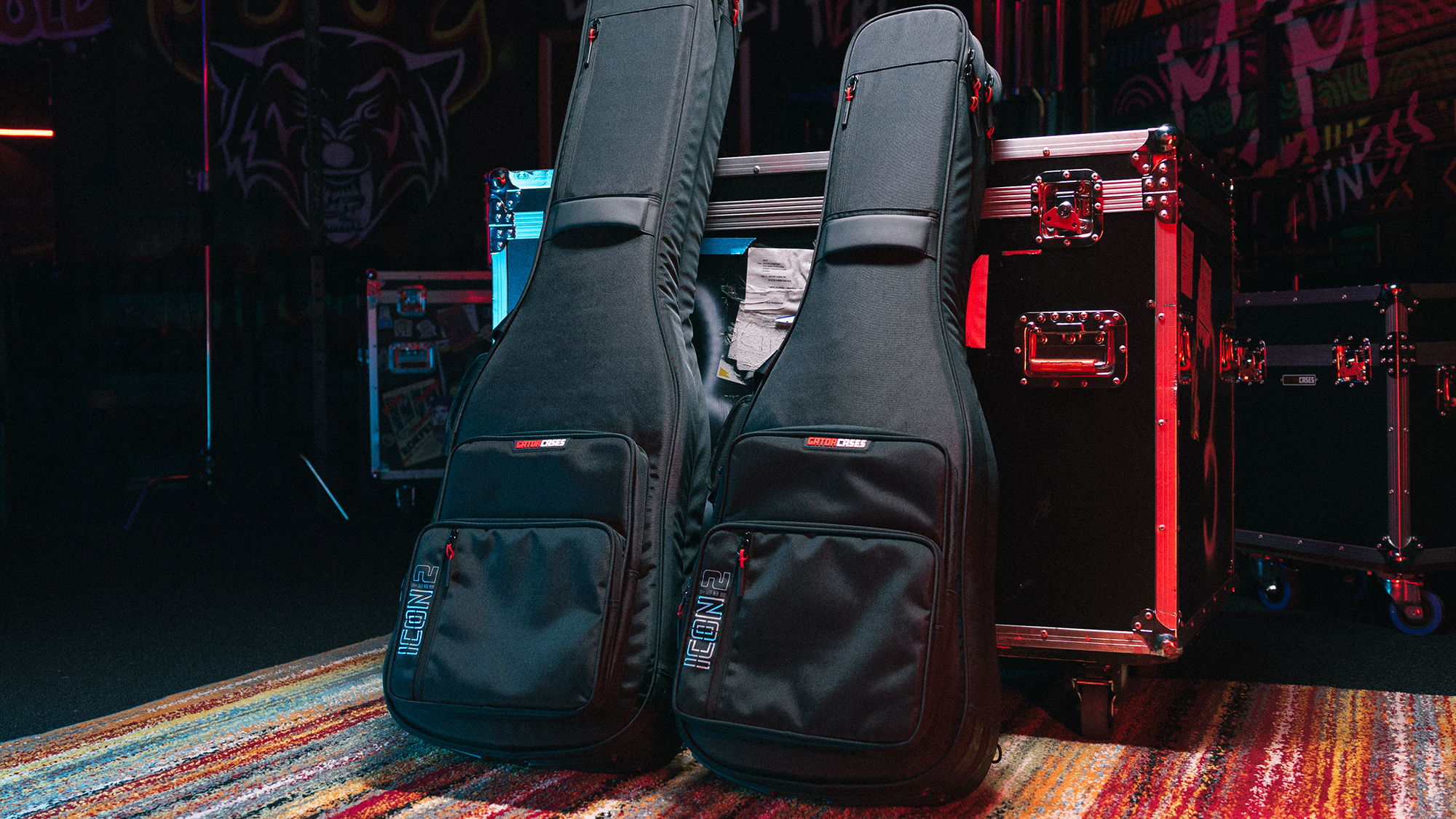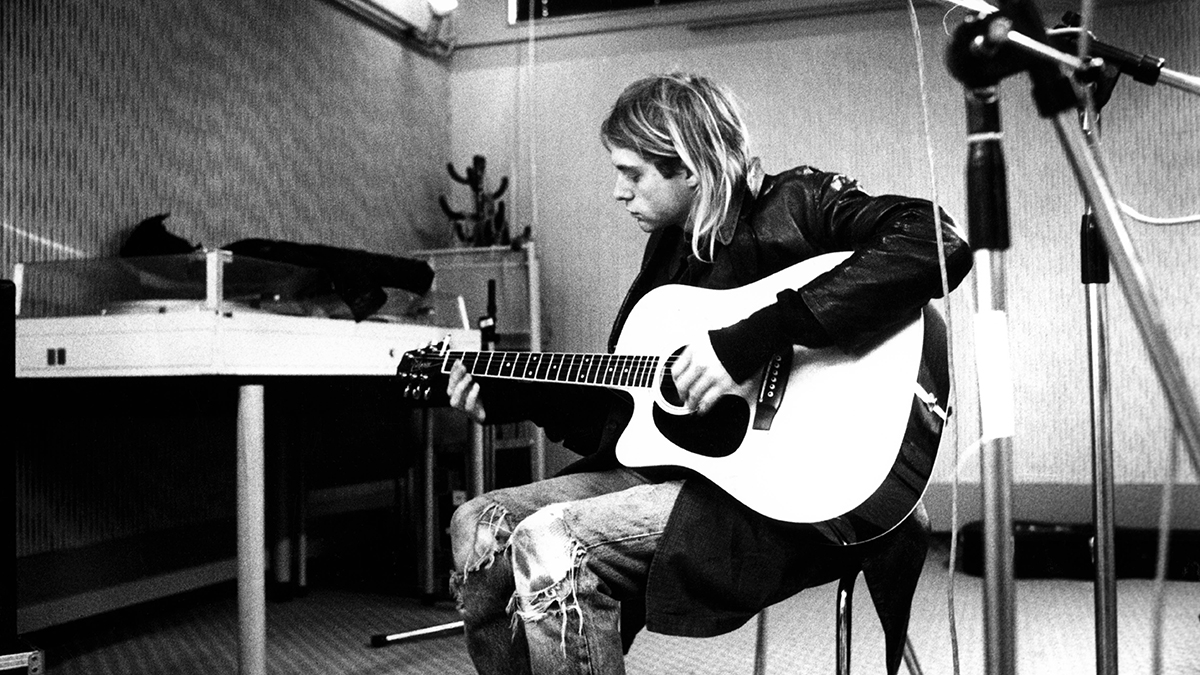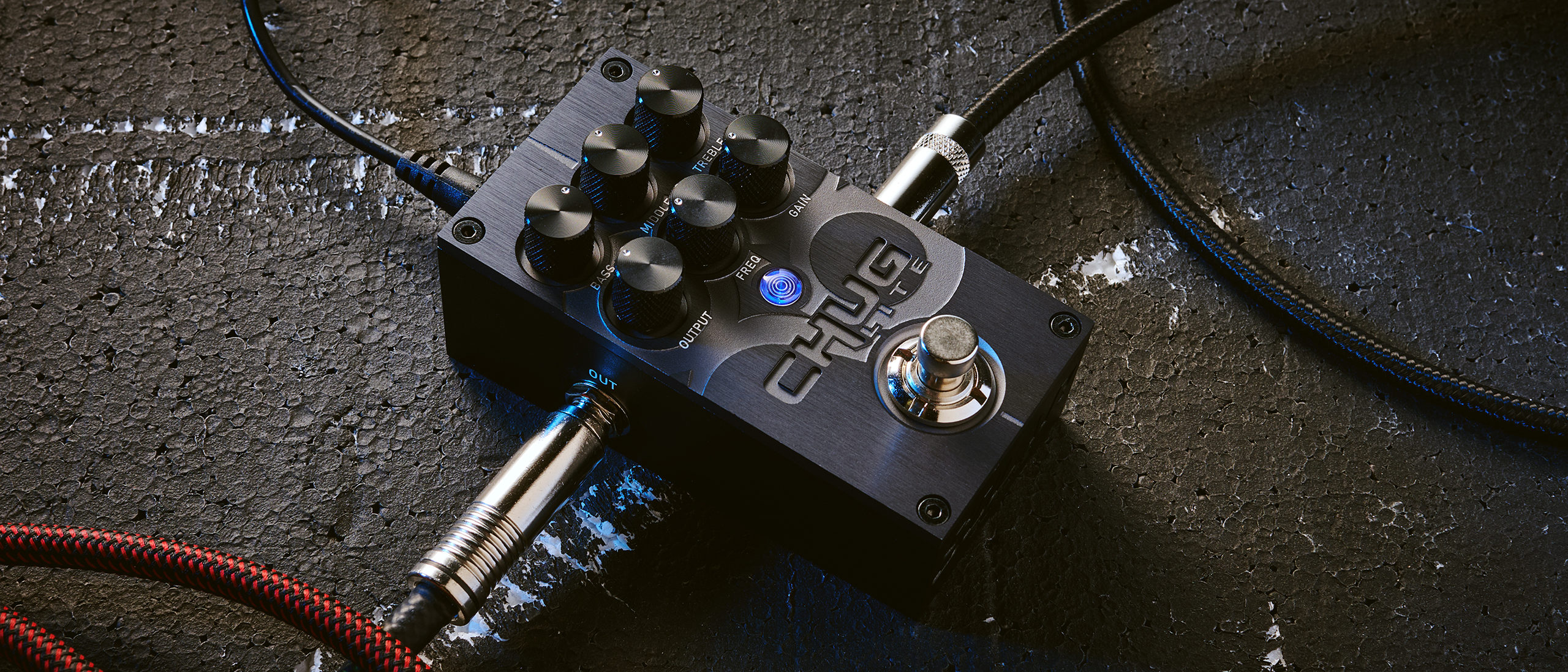“‘I’ve never picked one up and it’s never moved me’ – that’s not fair”: Paul Reed Smith hits back at critics who say PRS guitars are “too perfect and have no soul”
PRS instruments are widely recognized as some of the finest examples of guitar engineering that money can buy – but for some, that meticulous and intricate design approach comes at a slight cost.
Namely, in some schools of thought, PRS electric guitars and acoustic guitars are simply ‘too good’, and what they make up for in sheer engineering ingenuity, they lose in the intangible ‘soul’ of the instrument.
Paul Reed Smith addressed such criticisms in a recent interview with American Music Supply, seemingly arguing such notions have become lazily leveled at his guitars largely by those who have never played them.
“It is true that our window is narrower,” Smith says in response to the idea his guitars are “too perfect and have no soul” (via MusicRadar). “The good one and the bad one are much closer than other brands. What I hope is that we’re moving it up so that the window is moving up.”
He continues, “’I’ve picked one up and it didn’t move me’ is a fair comment. But ‘I’ve never picked one up and it’s never moved me’ – that’s not fair.”
While discussing people’s eagerness to dismiss PRS guitars, Smith recalled an exchange he had with an unnamed guitarist, who was less-than-pleased with the idea of the PRS Silver Sky.
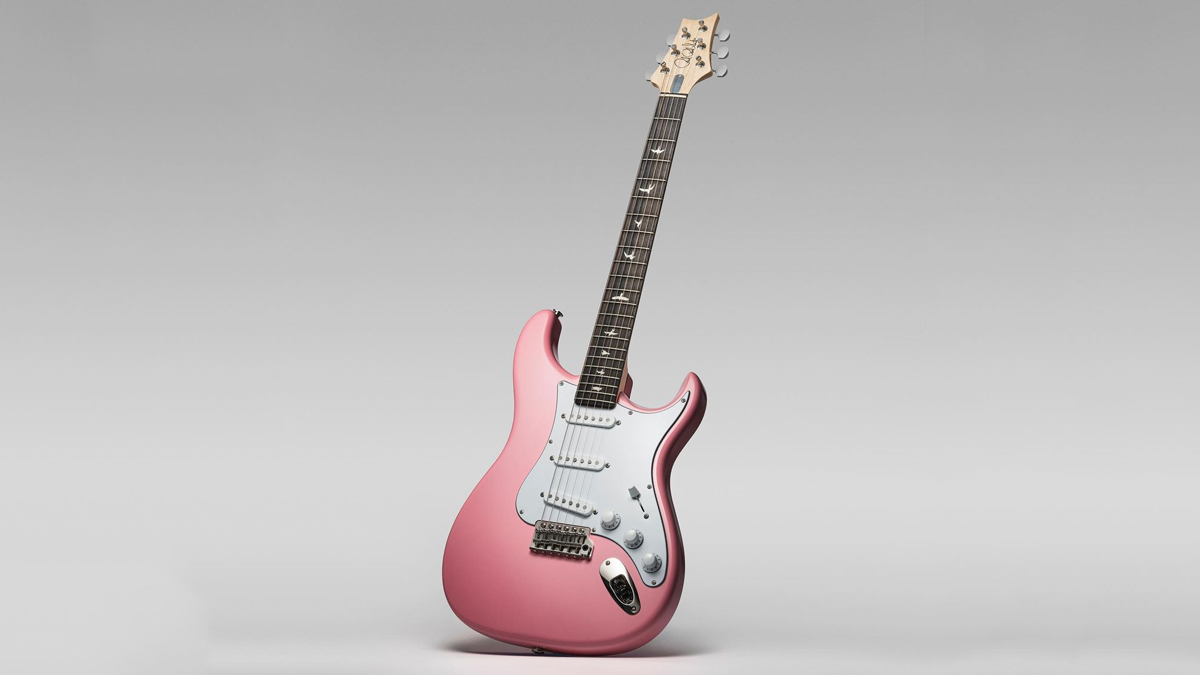
“That rockstar ended up buying one and loves it,” Smith says. “And I said, 'You called it a fart in a space suit!' And he goes, 'Eh, I was wrong.'
Get The Pick Newsletter
All the latest guitar news, interviews, lessons, reviews, deals and more, direct to your inbox!
“He said, 'I liked the decision about the pickups, I liked the decision about the neck shape, the action, the way it feels, the weight,' all that stuff.”
For Smith, every facet of guitar design plays a part in its overall performance, and each variable must be carefully accounted for.
Expanding on that point, Smith recalls, “I’ve had too many instances where we’ve straightened out the acoustic tone and the guitar came alive in the amp.
“If you coat the guitar completely in clear silicon rubber, which is essentially over-plasticised paint... that’s going to change the tone of the guitar and the idea that it isn’t going to change the tone of the guitar is nuts!”
It’s not the first time Smith has spoken about his micro-component approach to designing PRS guitars.
In November ‘22, he asserted the importance of tonewoods in a guitar’s overall sonic performance, and during NAMM season this year unveiled a newly configured tuning peg that promised to have a game-changing impact on tone.
Visit PRS Guitars to browse its collection.

Matt is the GuitarWorld.com News Editor. He has a Masters in the guitar, a degree in history, and has spent the last 16 years playing everything from blues and jazz to indie and pop. When he’s not combining his passion for writing and music during his day job, Matt records for a number of UK-based bands and songwriters as a session musician.
Kurt Cobain's 1989 Takamine expected to fetch up to $500,000 at auction – alongside guitars played by the likes of Eric Clapton, Eddie Van Halen, David Bowie, Joe Perry and Melissa Etheridge
“With its tone knob backed off this thing gets sasquatch-hairy without losing clarity. It’s a surprisingly killer stoner rock machine”: EVH SA-126 Standard review

